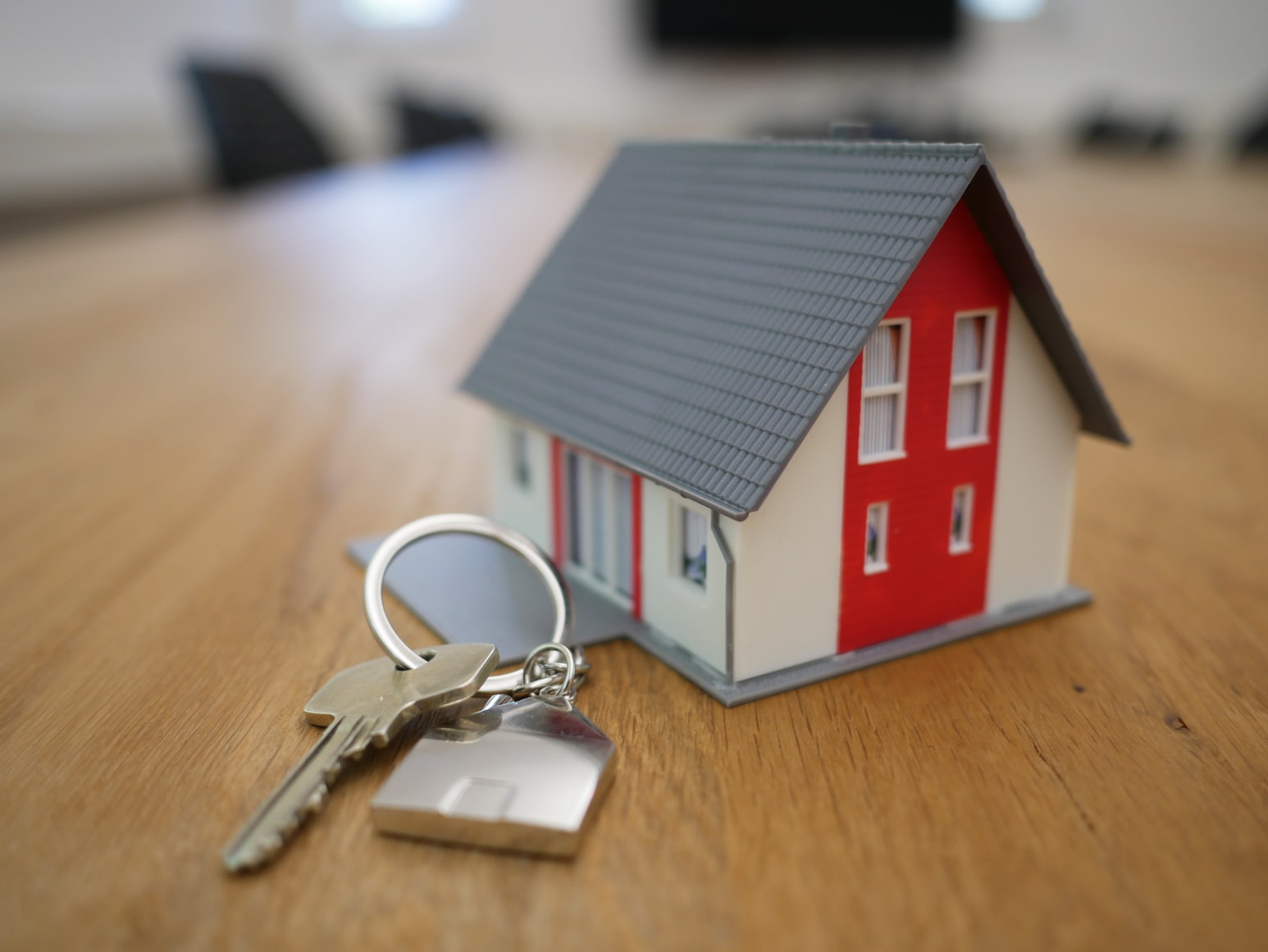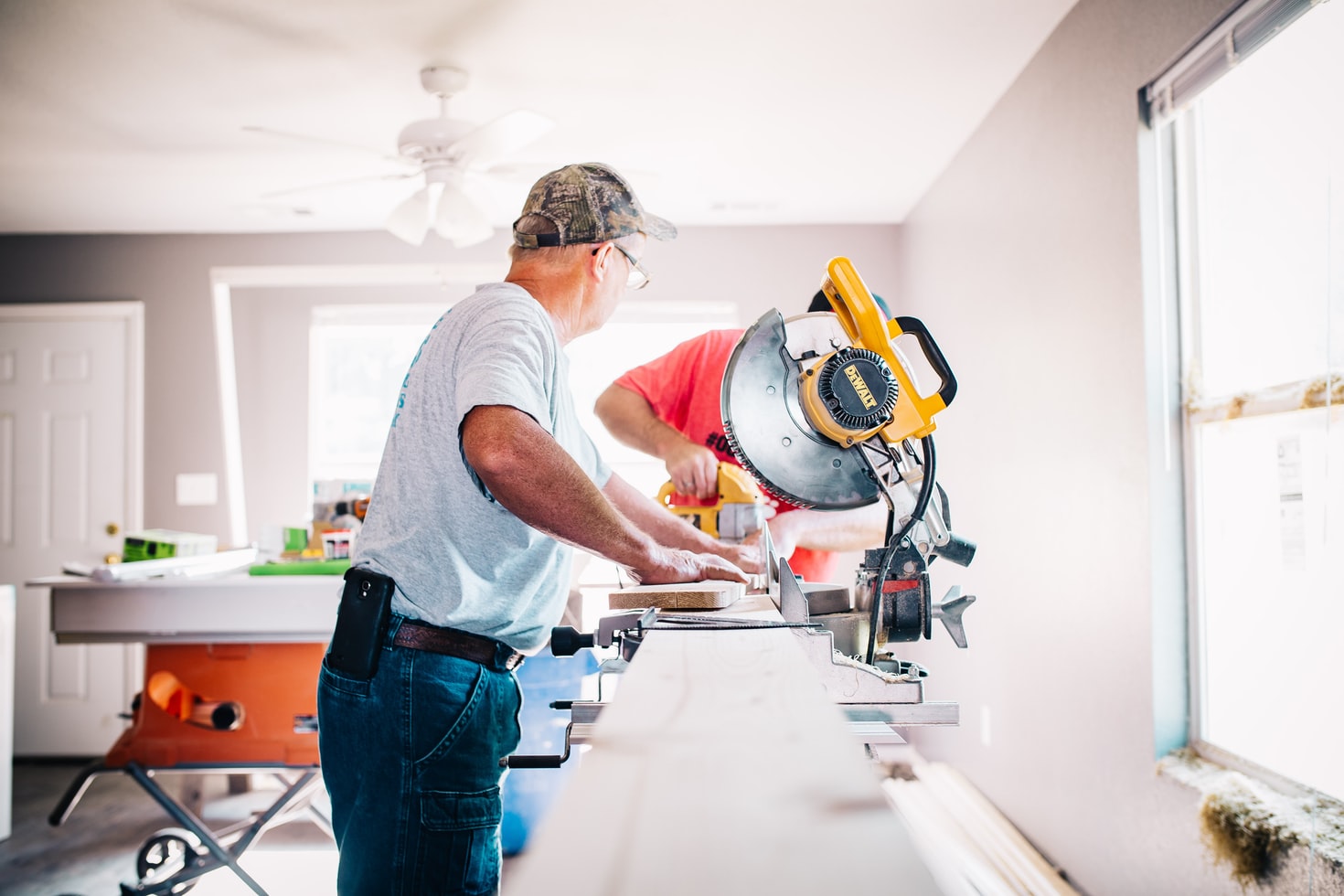Living in the same house for a long time may not always work for everyone. You may be running out of space with your growing family, and you may feel that the interior design just isn’t cutting it anymore. In this position, many people choose to buy a new property.
Deciding to buy a property is a big decision; not only are you uprooting yours and your kids’ lives as you know it, you will require plenty of savings to take the leap. There are various government help to buy schemes that can help in this department. However, as a second-time buyer, this financial help isn’t always available, so buying may be too expensive for you.
However, that doesn’t mean you’re completely stuck for options. Renovating your property may be just the answer, but it isn’t for everyone. In this article, we’re going to provide some considerations to make before deciding to renovate or buy, exploring some pros and cons for each decision, so read on for more…
4 Things to Consider Before Deciding to Renovate or Buy
Before we take you through the pros and cons of renovating or buying, you first need to consider the following four things:
- Budget
- Long-term plan
- Location
- Compromises
Let’s take a deep dive into these considerations:
1. Budget
If you’re looking for a new home, it is important to assess your finances; it’s likely you’ll be looking for the best price possible. Both renovating and buying can be expensive in their own ways. Buying requires a large chunk of upfront cash, whereas renovating requires small chunks of cash here and there, whilst also considering if you’re adding value to the property or not along the way.
Having your house valued will give you an idea of how much you have to spend if you want to move. It may also help you to understand whether any home improvements will add value to your property or not.
After assessing these considerations, home improvements where you already are, with a set budget, may make more sense. Options to fund these changes could come from, savings, credit cards, loans, or remortgaging, and may increase the value of your property before you sell later own the line.
2. Long-term plan
Thinking ahead is sensible when debating moving or staying put. Make a plan, and write down some objectives for the next five years to decide if moving would help you achieve those goals.
Objectives will vary; perhaps your home is too small for a future family you have planned. Family plans can often determine whether it is sensible to move or not. Or, perhaps your children have left home and you’re looking to downsize, but is there a chance they will return? Do you want there to be space for them always?
Consider how all angles of your life will be affected if you moved. Will it be more beneficial for you in the long run or are you thinking impulsively? More importantly, does your current home fulfil all your needs, or with renovation, could it?
3. Location
Location is the most important driving force behind the value of property, and no one can truly predict how the value of property will change over time. Realistically buying property is one of the largest investments people will make, so choice of location is key.
Before deciding to shoot off to a new location, do your research to know what that area offers you, for example, how accessible are shops and schools? These are some ways the value of the house will be affected long term.
If you are already living in a well-known, thriving community with good accessibility to schools, shops, and sports centres, these are the areas that will hold their value long term.
4. Compromises
With any property purchase, you must establish what you need and want from your home. Whether it’s a large garden, a driveway to fit multiple cars, or a garage for storage, these amenities don’t exist in every house and usually come at extra cost. It may work out that renovating your home to have these things could work out more cost effective and add value to your property.
If, however you’re in a position where you cannot build on your property, this may making the choice to find somewhere else clearer for you.
Either way, distinguishing between your wants and needs is important, as you might need to compromise to stay within budget. Work out what you need and aren’t willing to budge on before looking at the options of property.
Pros and Cons of Renovating Your Property
Now that we’ve taken a look at your four main considerations before deciding to renovate or buy, you’ll need to know what each choice gives you in terms of the above decisions. Starting with renovation, here are some of the pros and cons:
Pros of Renovating Your Home
- Increase value of property: adding any improvements to your home will ultimately increase its value. That said, this isn’t always the case, especially if your area is known for cheap housing, for example. Seeking the advice of an estate agent before renovating is paramount to understand what value can be added and where.
- Save on the cost of moving: solicitor fees, conveyancing fees, and moving vans can all add up. Renovation may be more cost-effective.
- Saving on energy bills: making simple home improvements can improve the efficiency of your home, saving you money in the long-run.
- Improving quality of life: tailoring your home to how you want it look and feel, suiting your needs, can vastly improve your quality of living.
Cons of Renovating Your Home
- Relying on builders: builders are known for their lack or reliability, so make sure you do your research and get quotes from reliable builders, asking for realistic time frames.
- Takes time: living in chaos can lose its charm, but it will all be worth it in the end!
- Hidden costs: be prepared for hidden costs if you’re unsure of the state of your home.
Pros and Cons of Buying a Property
Now that we know the benefits and drawbacks of renovating, is buying the choice for you? Here, we break down some of the pros and cons of buying a new property to help you make a decision that’s best for you…
Pros of Buying a New Home
- Fresh start: moving to a whole new area can open up new opportunities for you and your family.
- No improvements needed: you can dive straight in with the decorating, and minus the fuss of renovations if your new property suits your needs.
- Upgrading homes: whether you’re downsizing or upsizing, make sure you’re improving on your current situation.
Cons of Buying a New Home
- Hidden expenses: sadly, it isn’t just the case of paying for the property; legal fees and moving fees need to also be considered.
- Unknown area: even if you research your new location, there could always be unforeseen problems, so leave no stone unturned to minimise the risks.
Choosing Whether to Renovate or Buy Can Be Tricky…
As you can see, there’s plenty to consider before deciding to renovate or buy. The above is by no means an exhaustive list of what to consider, so it’s important to be thorough before taking a leap.
Ultimately, it depends on your individual situation as to which choice you make. The key is to do your research, be thorough, make your lists, organise your budgets and finances, and take your time with the decision making.
Seeking the help of an expert is sure to help you make the decision clearer. Get in touch with an estate agent or property professional to get all the information you need. Good luck with making your choice!
Please be advised that this article is for general informational purposes only, and should not be used as a substitute for advice from a trained property or finance professional. Be sure to consult a property or finance professional or solicitor if you’re seeking advice about renovating or buying a property. We are not liable for risks or issues associated with using or acting upon the information on this site.



















